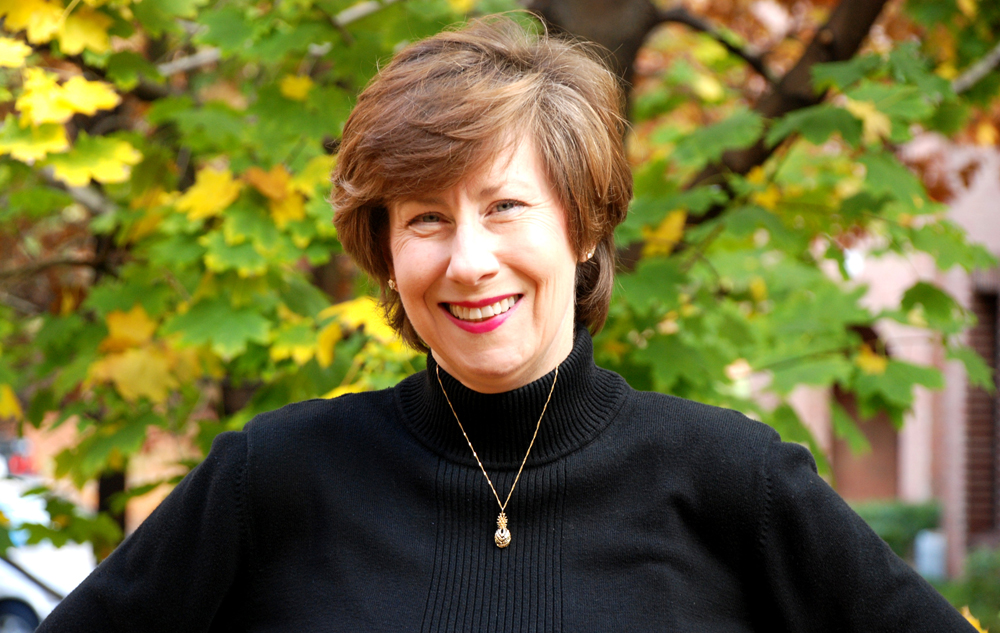
FALLS CHURCH, Va. (BP)–Like most Americans I watched in horror last weekend as the tragedy in Arizona unfolded. In less than the time it takes for you to drink your morning coffee, a very disturbed young man stole the lives of six precious people and seriously injured a member of Congress and 13 others.
While many have now turned this into a political debate about “right-wing extremists,” a “left-wing pothead,” the Tea Party or the presence of guns in our society, the real issue that appears to be foundational is what we do with those who suffer hidden disabilities.
Many in our society live with hidden disabilities — things like depression, bipolar disorder, schizophrenia, Autism spectrum disorders and others. They do not show in an obvious way like other physical disabilities — there is no wheel chair, no assistance dog — but they are still deeply affecting.
As a society we tend to respond with silence. The reality is that we don’t know how to respond so we just ignore it and hope it never really touches our lives. The silence that engulfs families living with a hidden disability is almost as terrible as the illness itself.
From stories I have read since this weekend there seems little doubt that the shooter suffered from a mental health disorder that had played out over many years. He apparently left college recently because of repeated outbursts and was told he could only return if a mental health professional assured the college that he was not a risk.
We have seen this kind of tragedy play out before and it is mind-numbing. I cannot imagine the horror of those who lost a loved one or those who are now nursing an injured family member back to health.
But at its core this is not a political debate. It is not about ideologies, parties or guns.
At its core this is an issue of how we help those who suffer serious brain disorders.
One of the difficult challenges of this kind of moment is that there are many living with these disabilities who live their lives peacefully, love their families faithfully, work at their jobs diligently, and engage in their churches devotedly. We never hear about these people. And we should not fear them.
There are also many serious crimes that are committed every day by people who are just evil or mean but do not suffer any brain disorder requiring psychiatric or psychological intervention.
It is critical in this moment that we all step back and take a deep breath. First, individually we need to pray for the grieving, the injured, those present at this tragedy who are now afraid, and even the assailant’s parents. Second, as a society we need to see that justice is accomplished for those involved. Third, as a community we need to commit to not turn away in silence and pretend we do not see. Finally, we need to look around us for those touched by hidden disabilities and recognize what we can and should do to help them.
This final call to action is one I take very personally. As a mom of a child with a hidden disability, I understand the challenges faced by our families. That is why I founded an organization called ChosenFamilies.org to provide information, resources and encouragement from a Christian perspective to families living with these challenges. ChosenFamilies.org is also committed to empowering churches to be more responsive to these needs.
As the old saying goes: “There, but for the grace of God, go I.”
–30–
Shannon Royce is president & C.E.O. of ChosenFamilies.org, (www.chosenfamilies.org) a non-profit organization for families living with hidden disabilities. She is a Southern Baptist preacher’s kid who formerly worked with the Ethics & Religious Liberty Commission of the SBC.

















